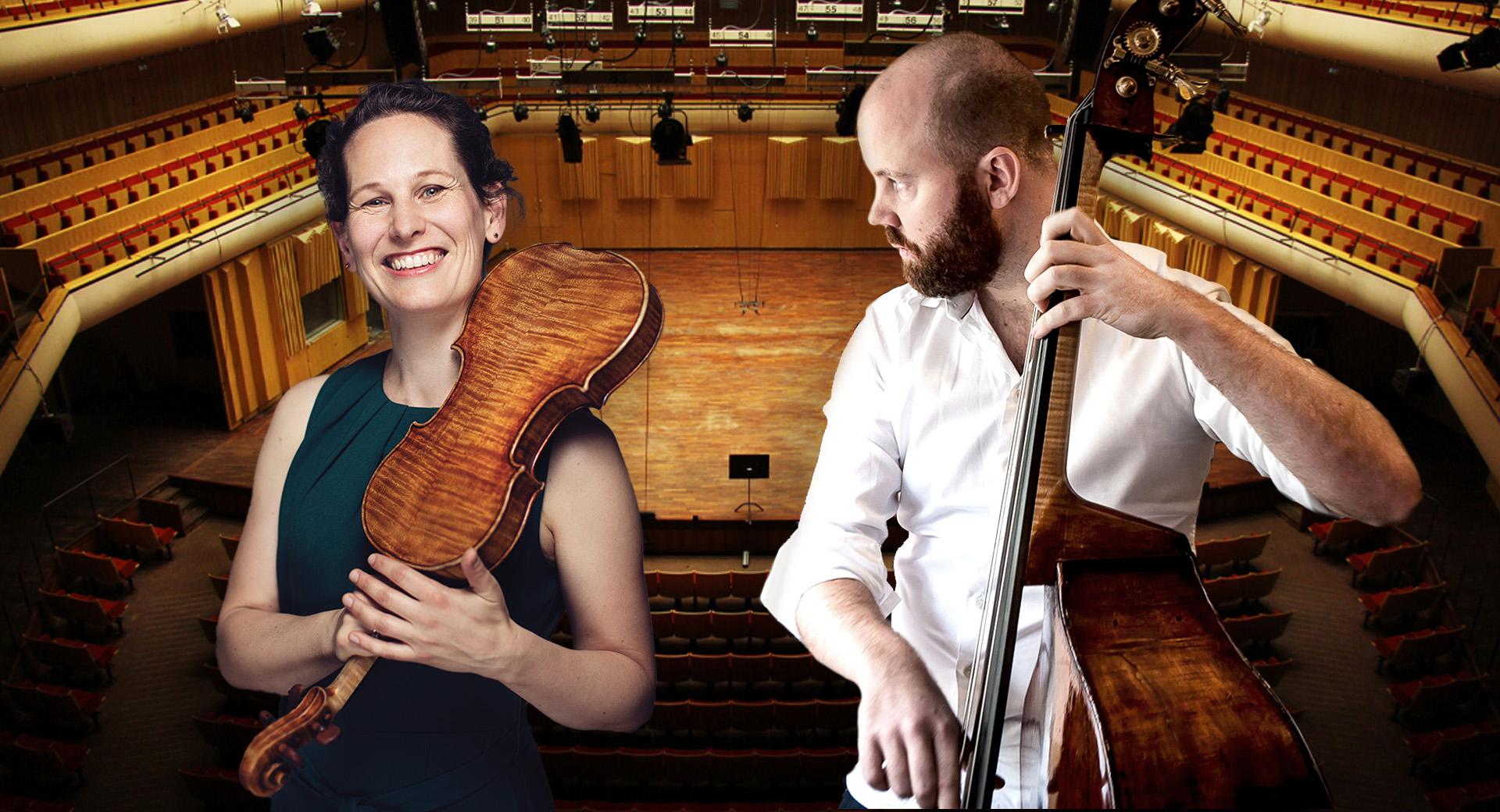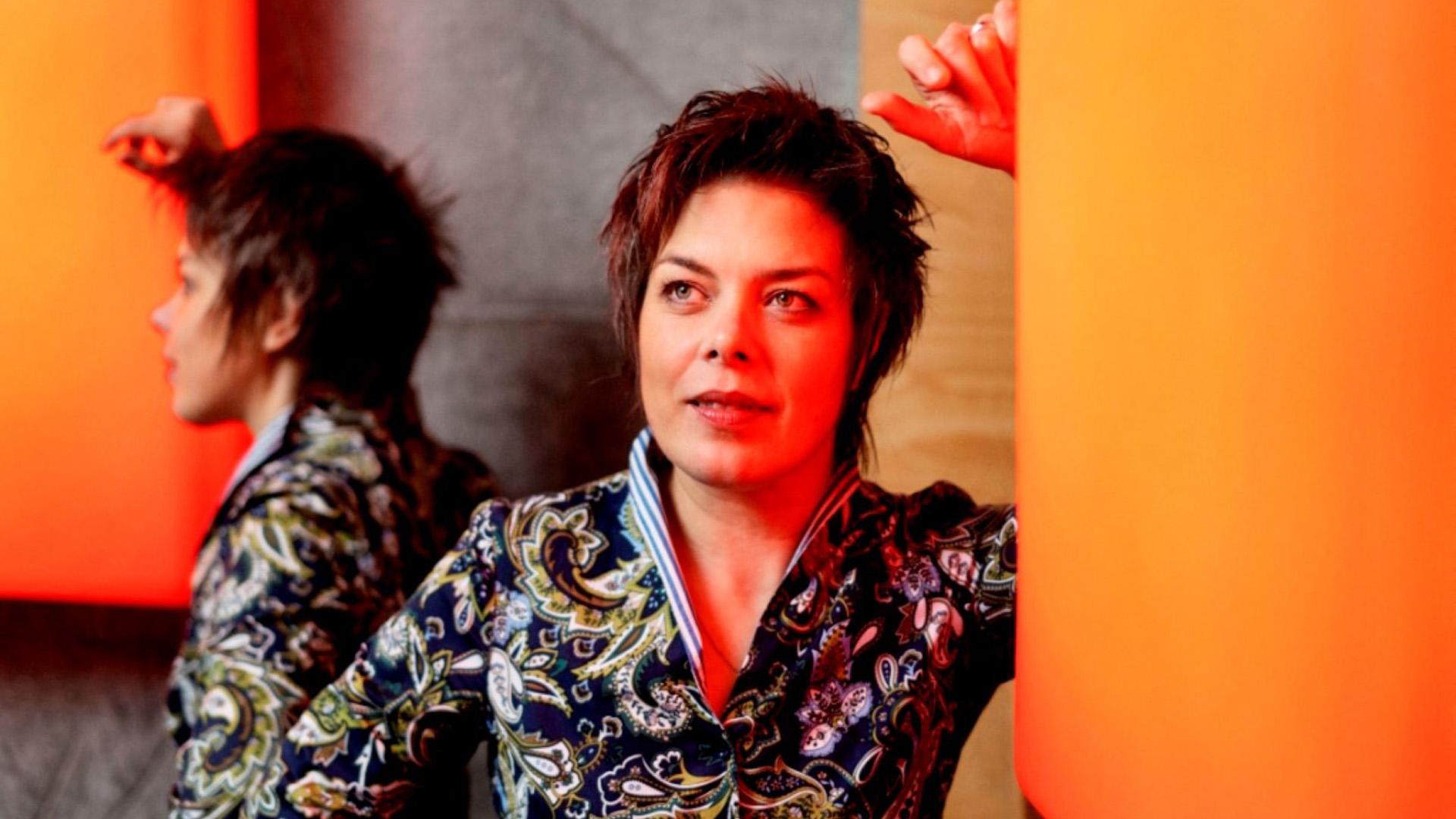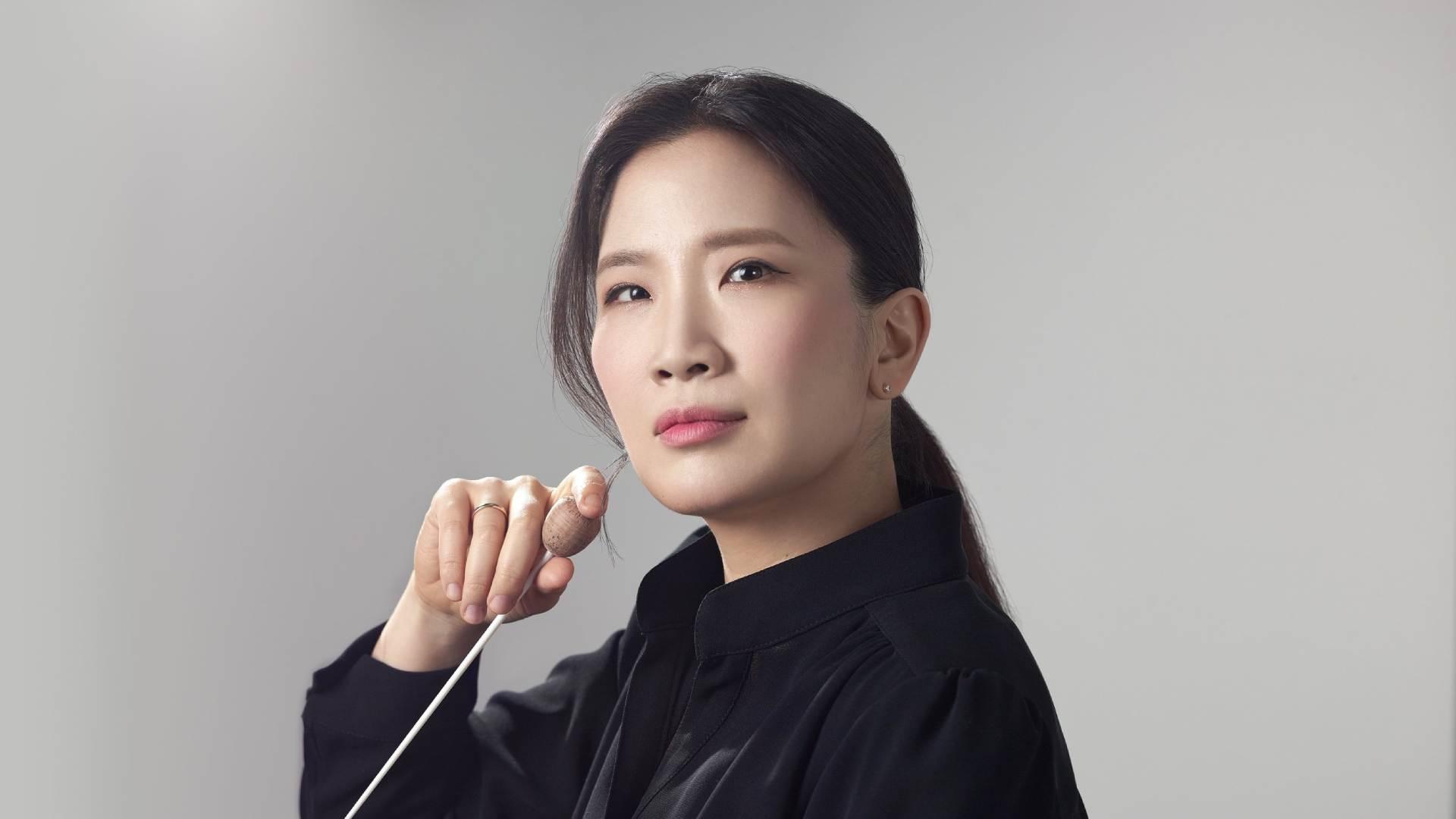Harding meets Isabelle Faust
Felix Mendelssohn’s dramatic cantata Die erste Walpurgisnacht, after a ballad by Goethe, depicts mountain druids who use craft and creativity to defy the Christian powers that be in order to be able to celebrate in their own traditional way. The text was written with the intention of having music set for it and Mendelssohn skilfully accentuates the drama of the text. Schoenberg’s music has long been close to star violinist Isabelle Faust’s heart. She has frequently performed the works of other composers at Berwaldhallen and now the turn has finally come to Schoenberg.
This production is part of one or more concert series.
In an interview in The Guardian in April 2017, Isabelle Faust was asked about which LP recording was the first one she had ever bought. Her answer was the sextet Verklärte Nacht, by Arnold Schoenberg, performed by the LaSalle quartet, a recording that has remained her favourite ever since. She herself is perhaps mainly associated with her interpretations of Bach and other great masters, and she played Bartók’s first and second violin concertos at her latest performance at Berwaldhallen in 2012. Now the time has come for Schoenberg’s infamously difficult Violin Concerto, and it is said that it requires a six-fingered violinist to play it.
Schoenberg began work on the piece as early as 1933 in Vienna, but had to put it aside when he was forced to flee to the United States because of his Jewish heritage. He had converted to Protestantism, but that no longer afforded any protection against the increasingly brutal anti-Semitism. When the concerto was completed, he first asked his brother in law, Rudolf Kolisch, to play the violin solo. But, just like Jascha Heifetz, he declined because of the enormity of the task. Schoenberg himself said that “I can wait for the right one”.
The right one eventually turned up in the form of an acquaintance from Vienna, Louis Krasner, who accepted, on the condition that he was given two years to study it. They had met in Vienna while their colleague, Alban Berg, worked on his violin concerto, which Krasner also premièred. Schoenberg’s Violin Concerto is one of his most artistic and sterling works, in which he takes the form to a larger format in an almost neo-classicist manner.
The young Felix Mendelssohn, like Schoenberg a composer of Jewish heritage, was introduced to Johann Wolfgang von Goethe in 1830 by his mentor and teacher, Carl Friedrich Zelter. Goethe’s text was originally meant to be set to music by Zelter himself, but after two failed attempts, Mendelssohn was given the opportunity. He wrote a first version in 1831, which underwent a radical revision before being published in 1843.
Die erste Walpurgisnacht inserts itself like a wedge between the distinctly Bach-influenced oratorios, Paulus and Elias, and distinguishes itself clearly from those by being much more romantic in its structure. Goethe’s ballad takes place in the transition from heathendom to Christianity. The Druids of the Harz mountains want to celebrate the coming of spring in their traditional manner, but are prohibited from doing so by the Christian powers that be. They come up with the idea of playing a prank on the Christians, so they dress up as devils and demons and consequently succeed in scaring them away.
The oratorio is very much a reflection of Mendelssohn’s own dilemma: raised as a protestant but, at the same time, never really accepted by his time and never fully separated from his Jewish heritage.
Text: Andreas Konvicka



